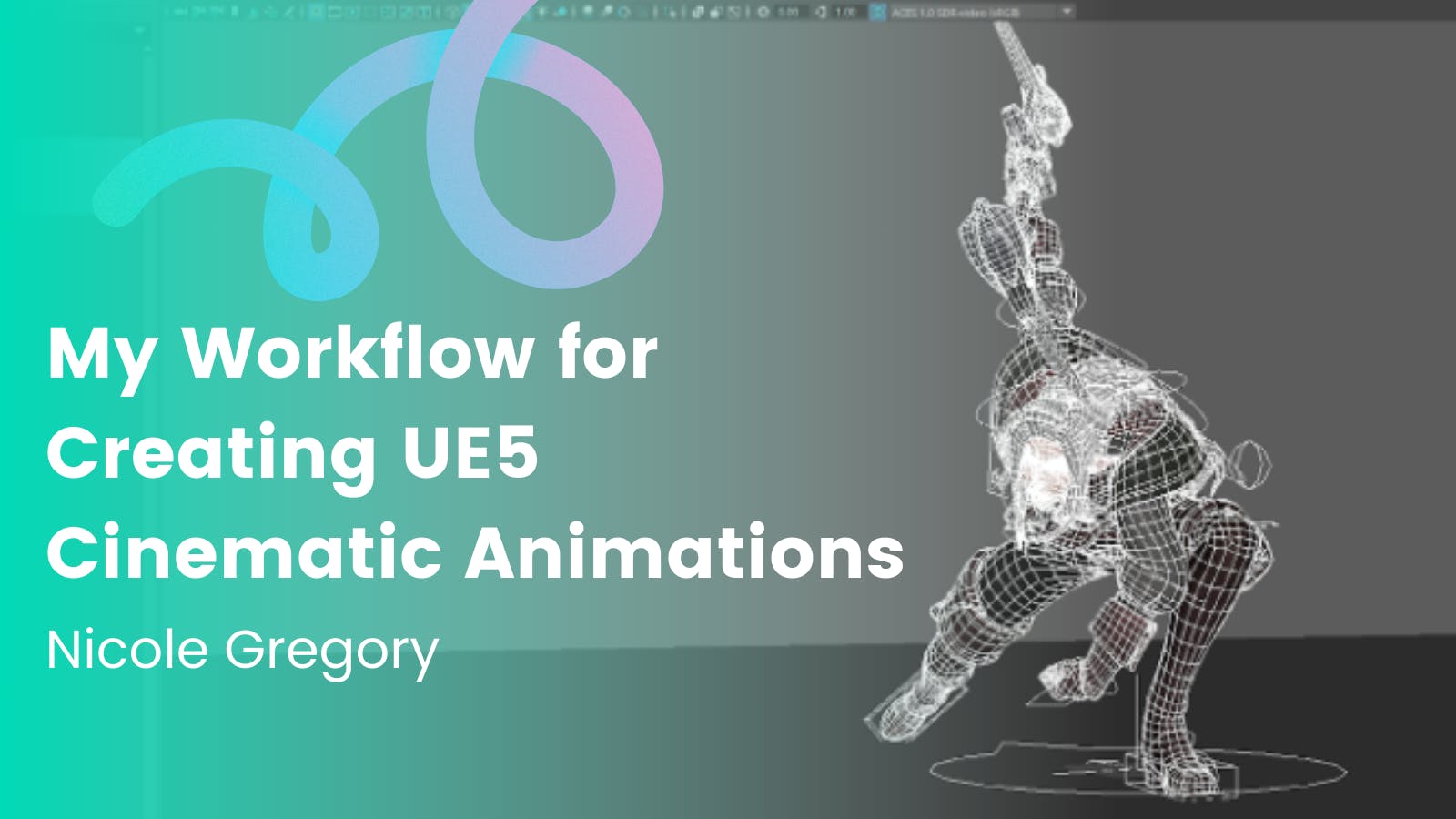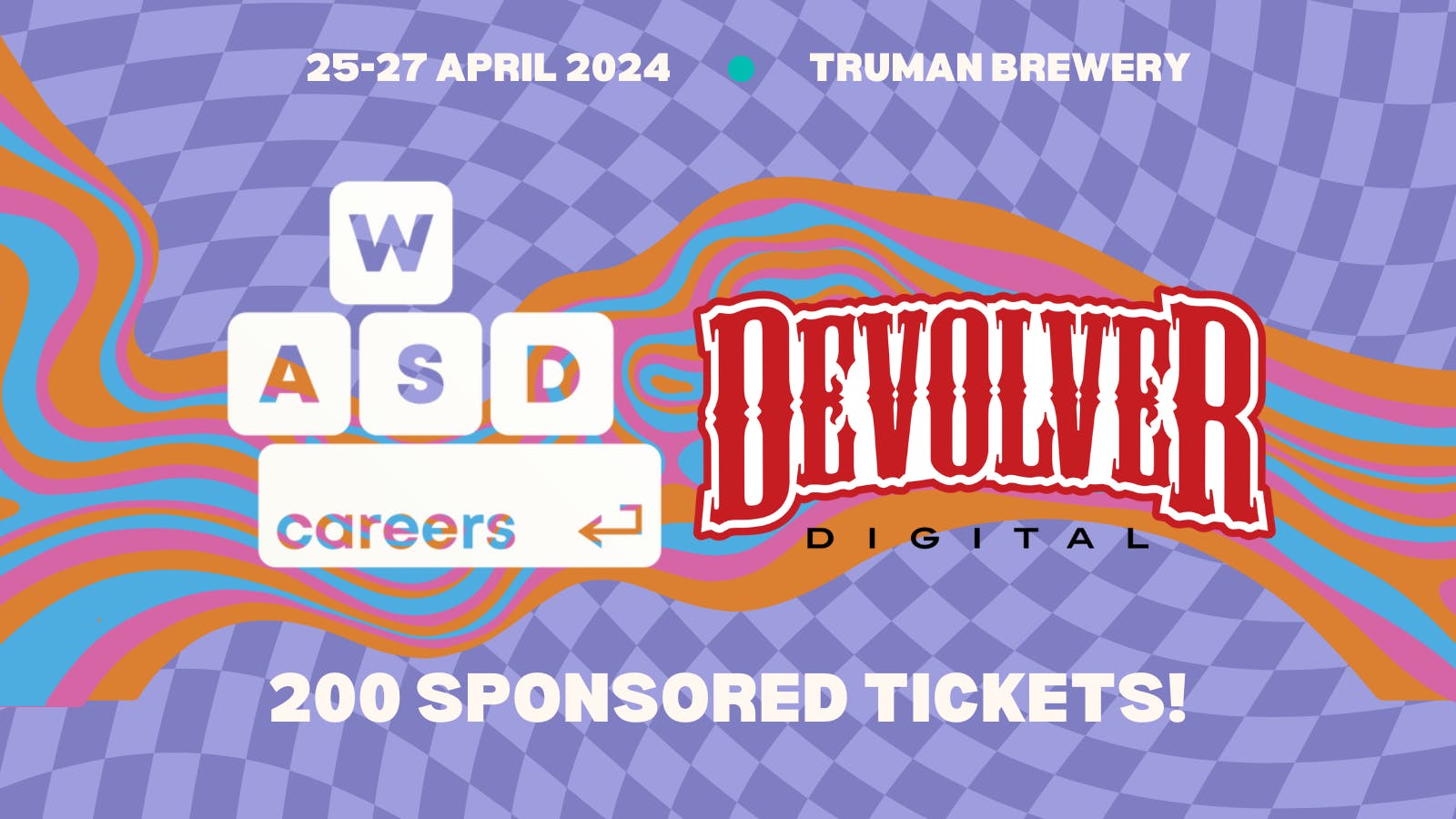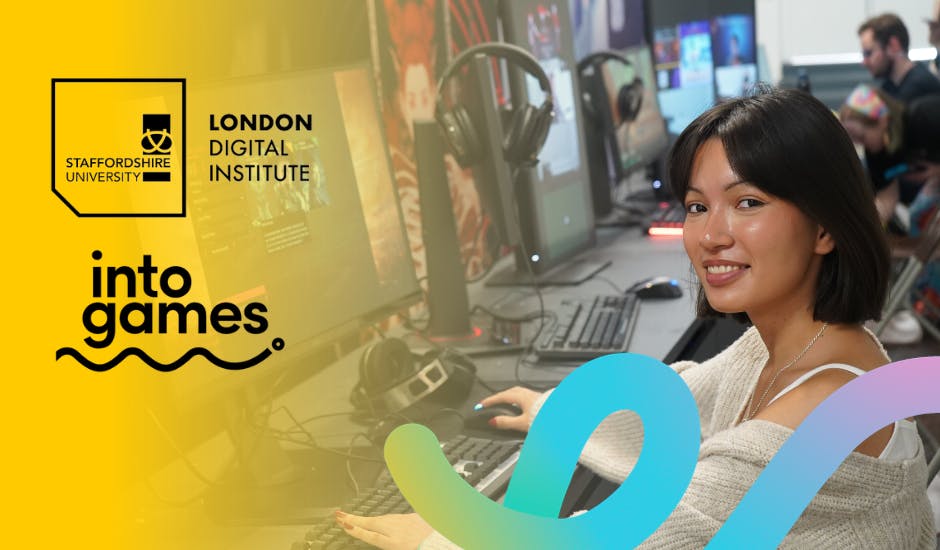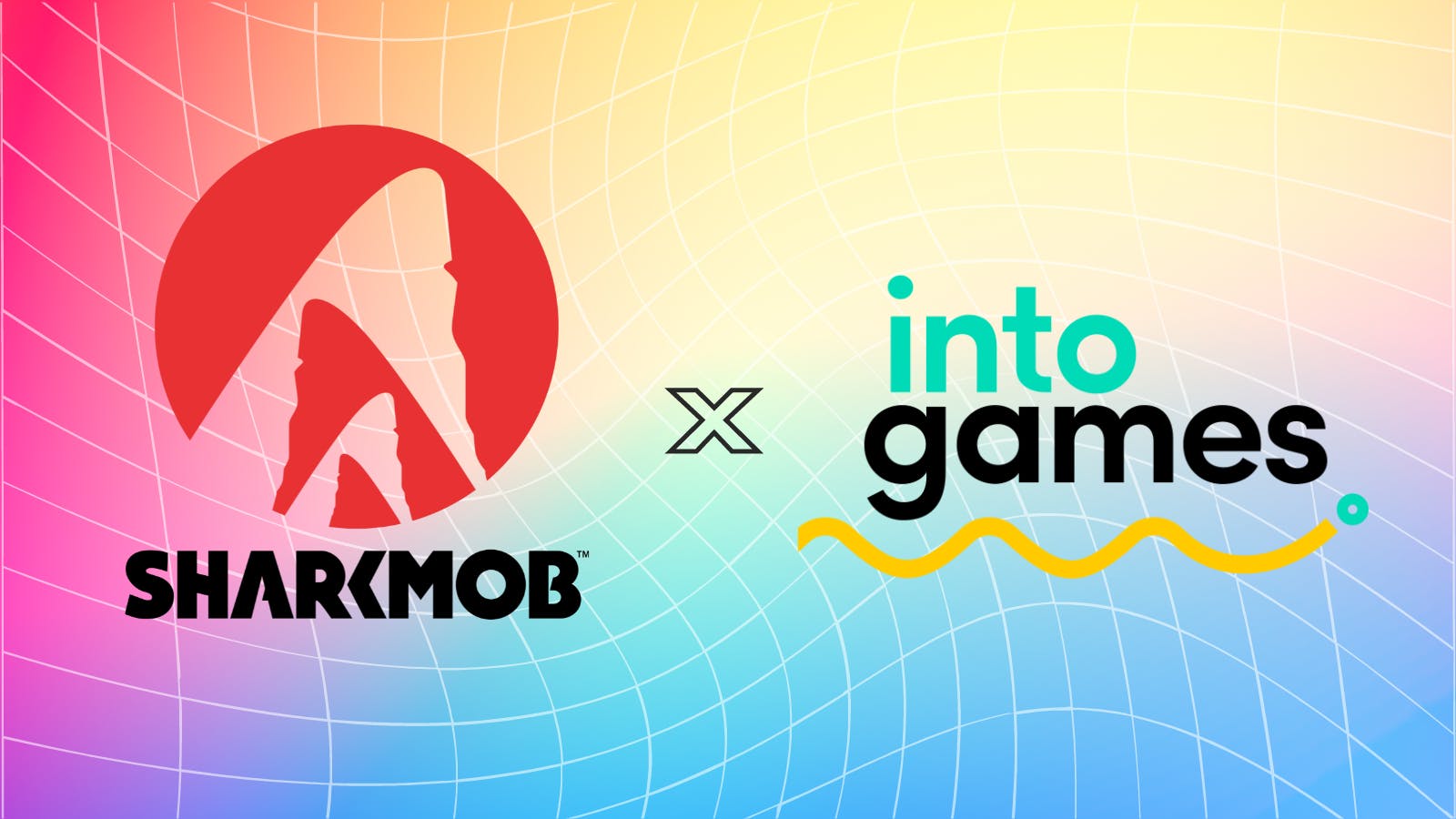
Roles Guide
Discover your place in games with the internet's largest database of career pathways and role info.
Explore careersTake your first steps into a new career with our world-class training, role guides, and our digital community of thousands of UK games industry professionals and career seekers.
Discover your place in games with the internet's largest database of career pathways and role info.
Explore careersPractical courses delivered by our trusted network of games sector professionals.
See our latest trainingDesigned to get you started making games as quickly as possible.
Get started making games




.png?ixlib=gatsbyFP&auto=compress%2Cformat&fit=max&w=1600&h=900)


.png?ixlib=gatsbyFP&auto=compress%2Cformat&fit=max&w=1600&h=900)
.png?ixlib=gatsbyFP&auto=compress%2Cformat&fit=max&w=1600&h=900)